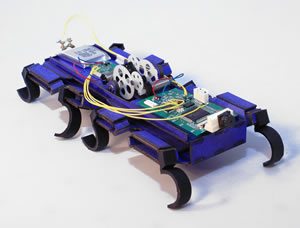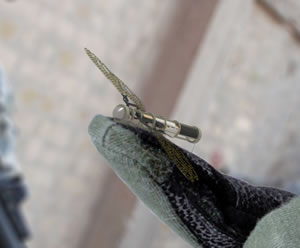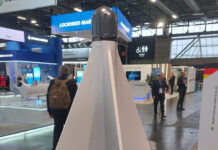
BAE Systems has been awarded a $43 million cooperative agreement extension to lead the Army Research Laboratory’s (ARL) Micro Autonomous Systems and Technology (MAST) Collaborative Technology Alliance for an additional five years. Defense-Update reports. As a result, the company will have a significant role working with the MAST Alliance’s team of scientists from the U.S. Army, academia, and industry as it advances bio-inspired micro-robotics technology to extend the remote sensing capability of U.S. ground forces. The goal of the research is to enable small robotic platforms – that would be used by individual soldiers – to remotely perform surveillance within complex urban environments and terrain.

The second phase of the MAST program continues the research, development and integration of several key areas including micro-scale aeromechanics and ambulation; propulsion; sensing, autonomy, communications, navigation, and control; and microscale integration, among others, enabling several different mission-capable robotic platforms.
“Our recent review by the MAST Research Management Board received high marks for the quality and success of the research conducted over the past five years contributing greatly to the decision to award the five year option to extend the program,” said Dr. Brett Piekarski, ARL MAST Consortium manager.
BAE Systems, in cooperation with primary research labs from the University of Maryland, the University of Michigan, the University of Pennsylvania and the NASA Jet Propulsion Lab, will lead the effort for the ARL into 2017.
Source: Defense-Update

















